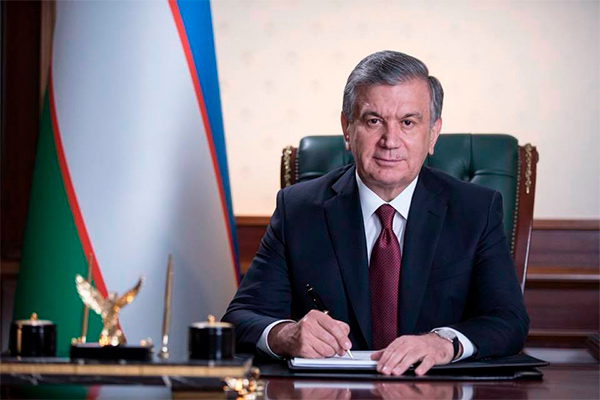
Reform of export policy: Uzbekistan introduces duties and simplifies procedures
Reform of export policy: Uzbekistan introduces duties and simplifies procedures
Tashkent, Uzbekistan (UzDaily.com) — President of Uzbekistan Shavkat Mirziyoyev has signed a decree aimed at simplifying export activities, increasing their transparency, and supporting the production of high value-added goods in the country. This was announced by the Special Representative of the President on WTO issues, Azizbek Uronov, on his LinkedIn account.
According to him, this document is a logical continuation of the Presidential Decree No. PP-85 of 3 June 2024, which is focused on accelerating market reforms and aligning national legislation with World Trade Organization agreements.
The decree introduces three key changes in export regulation.
First, export duties are being introduced on strategic raw materials, including cotton, copper, natural gas, scrap metal, and polymers. This measure is intended to encourage further processing of these materials within the country.
Second, export permits for a range of goods are being abolished through the partial introduction of export duties. This list includes cattle, meat, poultry, wheat, flour, rice, and other products.
Third, instead of export fees for certain goods, such as yarn, natural silk, and raw hides, export duties are being introduced.
Azizbek Uronov recalled that Uzbekistan had previously applied export duties but abandoned them in 1997 (PP-1871 of 10 October 1997), replacing them with two types of export restrictions: a list of goods prohibited for export (e.g., meat, rice, sugar) and a list of goods requiring export permits (flour, wheat, silk).
"In the course of large-scale economic reforms initiated by President Mirziyoyev, the system of export bans was abolished in 2017, leaving only the permit mechanism. Now, as a logical continuation of the reforms, export permits are also being eliminated," Uronov emphasized.
He noted that the previous process of issuing export permits lacked clear and transparent criteria. Now, with their abolition and the introduction of export duties, export procedures are becoming more straightforward and predictable.
Furthermore, in his opinion, the introduction of export duties on strategic raw materials will encourage producers to engage in deeper processing of products within the country to avoid paying additional fees.
"According to WTO requirements, a country cannot impose export restrictions other than export duties. Thus, Uzbekistan’s legislation is becoming not only more transparent but also aligned with WTO standards," concluded Azizbek Uronov.
#Shavkat Mirziyoyev